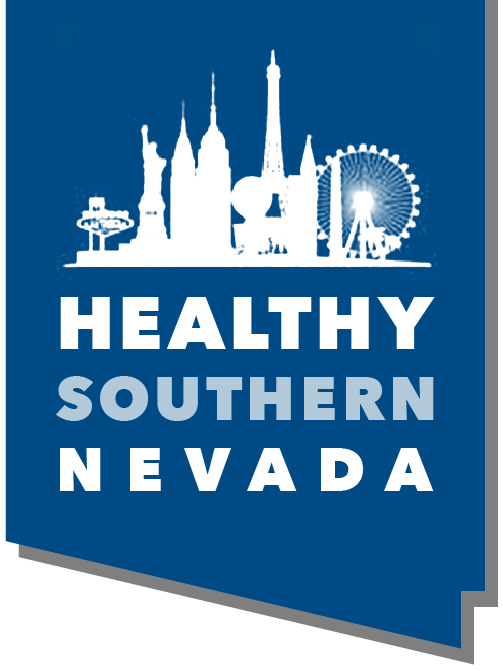Promising Practices
The Promising Practices database informs professionals and community members about documented approaches to improving community health and quality of life.
The ultimate goal is to support the systematic adoption, implementation, and evaluation of successful programs, practices, and policy changes. The database provides carefully reviewed, documented, and ranked practices that range from good ideas to evidence-based practices.
Learn more about the ranking methodology.
Filed under Effective Practice, Environmental Health / Built Environment
Goal: The Louisiana Recovery Authority is working with Governor Blanco to plan for Louisiana's future, coordinate across jurisdictions, support community recovery and resurgence, and ensure integrity and effectiveness. Working in collaboration with local, state and federal agencies, the authority is addressing short-term recovery needs while simultaneously guiding the long-term planning process.
Filed under Good Idea, Health / Heart Disease & Stroke
Goal: The goal of this program is to improve standards of care for patients with cardiovascular diseases and diabetes in Missouri.
Filed under Good Idea, Health / Health Care Access & Quality, Children
Goal: The purpose of this four year project is to work in support of the Maternal and Child Health Bureau to meet its Children with Special Health Care Needs (CSHCN) National Agenda performance outcome that “all families of CSHCN will have adequate private and/or public insurance to pay for the services they need.” The work of the cooperative agreement will be multi-faceted and will (1) overcome the gaps in knowledge about CSHCN’s health care use and charges, (2) assess the extent to which CSHCN are receiving the health care services they need and the degree to which reimbursement is adequate to meet those needs, (3) identify trends in and developing recommendations for financing strategies, and (4) disseminate this information to families, health care providers, public and private health plans, and policy makers.
Filed under Good Idea, Health / Cancer, Women, Racial/Ethnic Minorities
Goal: The goal of this program is to encourage early detection of breast cancer among diverse populations in New Jersey. When breast cancer is diagnosed at a local stage, 97% of women still are alive 5 years later. The 5-year survival rate decreases to 21% when the disease is diagnosed after it has spread to other sites.
Filed under Effective Practice, Health / Maternal, Fetal & Infant Health, Families, Rural
Goal: The Perfect 10 Project objective is to increase the initiation rates of breastfeeding to 84%, increase our duration rates of breastfeeding by 25% at 6 months to 35.8% (currently 28.6%), and 32.6% at one year (currently 18.1%).
Impact: There were 102 physician referrals from the Lower 8 counties for breastfeeding assistance in the first six months of 2016, 148 breastfeeding moms were helped through our after-hours hotline in the first six months, and 24 moms attended our Mommy & Me breastfeeding support group.
Filed under Good Idea, Environmental Health / Built Environment, Urban
Goal: The goals of the SIBG are to reflect man's relationship to nature and to provide educational and recreational opportunities for Staten Island residents and visitors.
Filed under Good Idea, Education / Childcare & Early Childhood Education, Children, Teens, Adults
Goal: The Strive Partnership is focused on the success of children: every child, every step, from cradle to career.
Filed under Good Idea, Health / Physical Activity, Children, Teens, Adults, Women, Men, Older Adults, Families, Racial/Ethnic Minorities, Urban
Goal: To make Nashville a healthier community by improving access to fresh fruits and vegetables in food desert neighborhoods while supporting local farmers and empowering and educating youth.
Filed under Effective Practice, Community / Public Safety
Goal: The goal of this program is to increase the proper use of seat belts and car seats.
Filed under Good Idea, Health / Adolescent Health, Teens, Urban
Goal: The goal of this program is to educate high-risk youth in San Bernardino about issues such as gangs, violence, and substance abuse. The program encourages participation by appealing to the low rider bike subculture, which neighborhood teens readily relate to.

